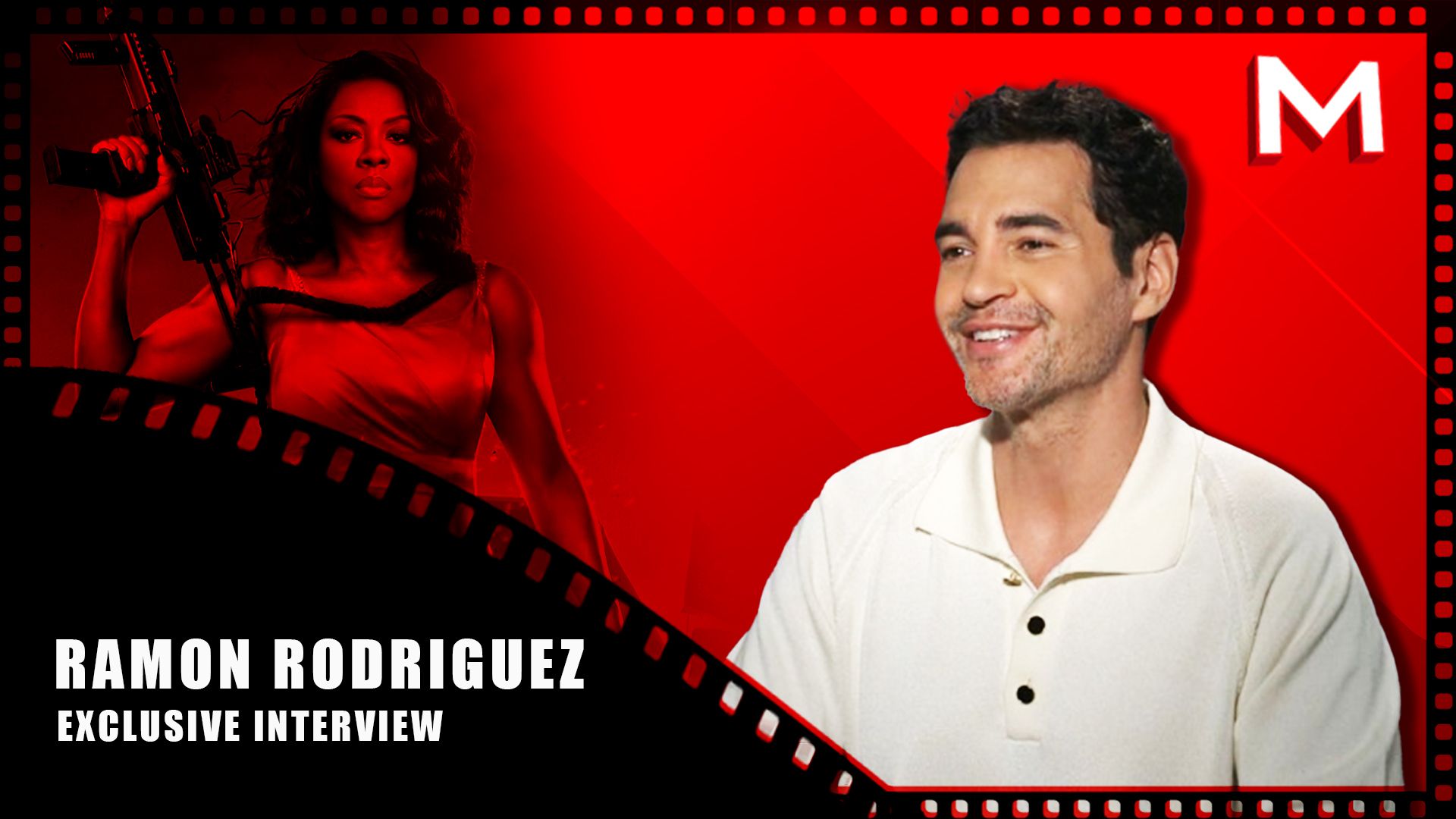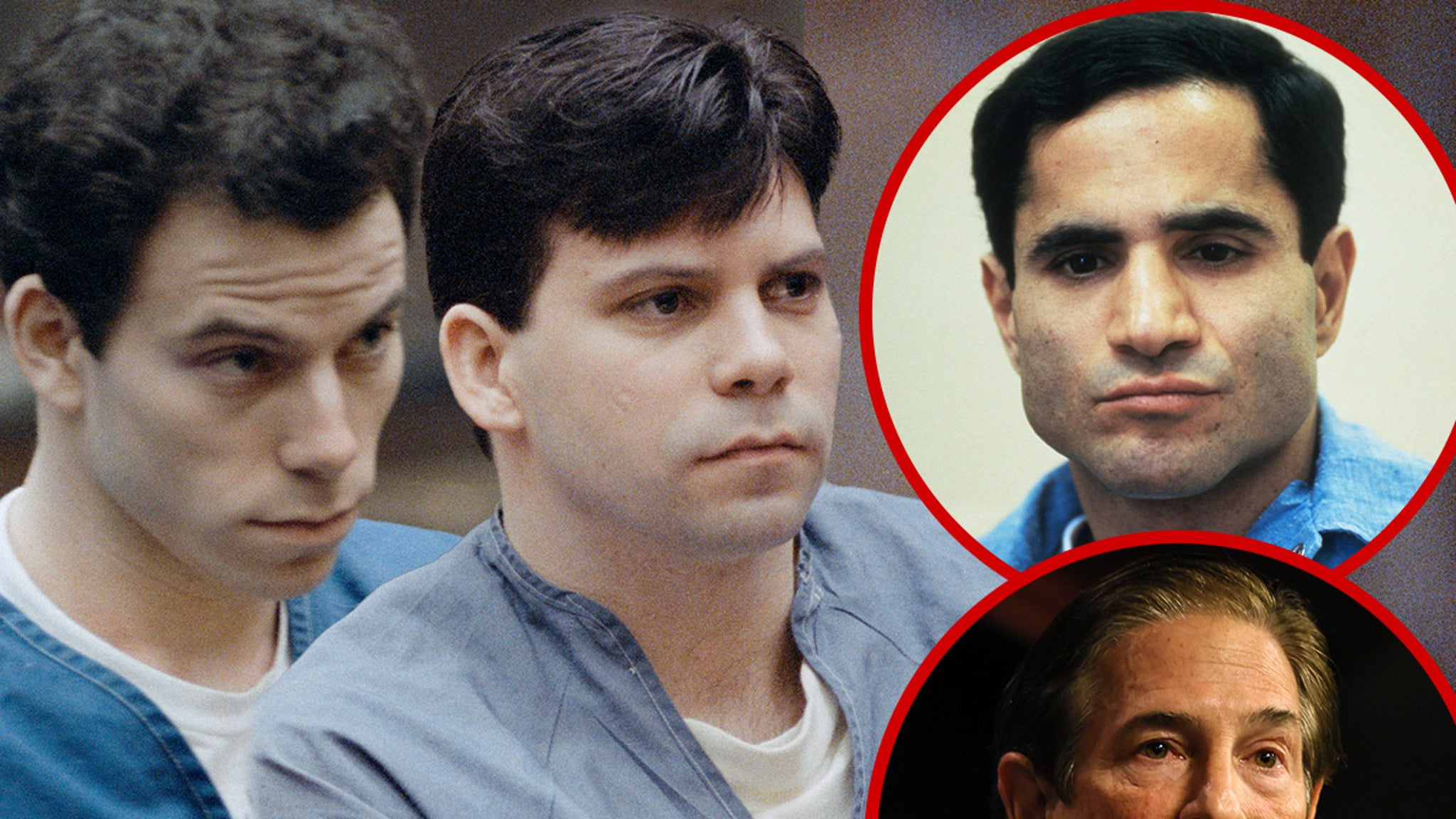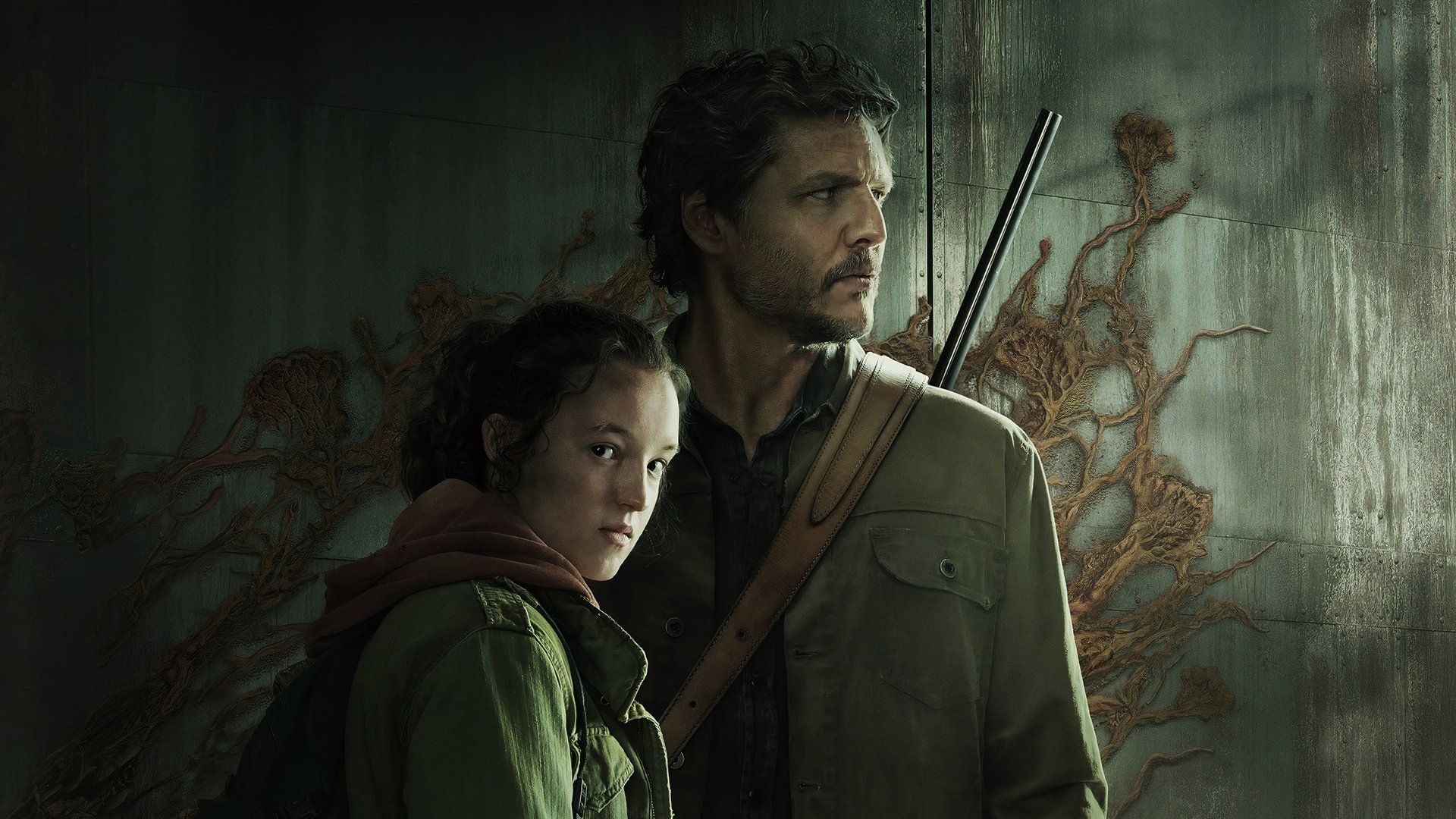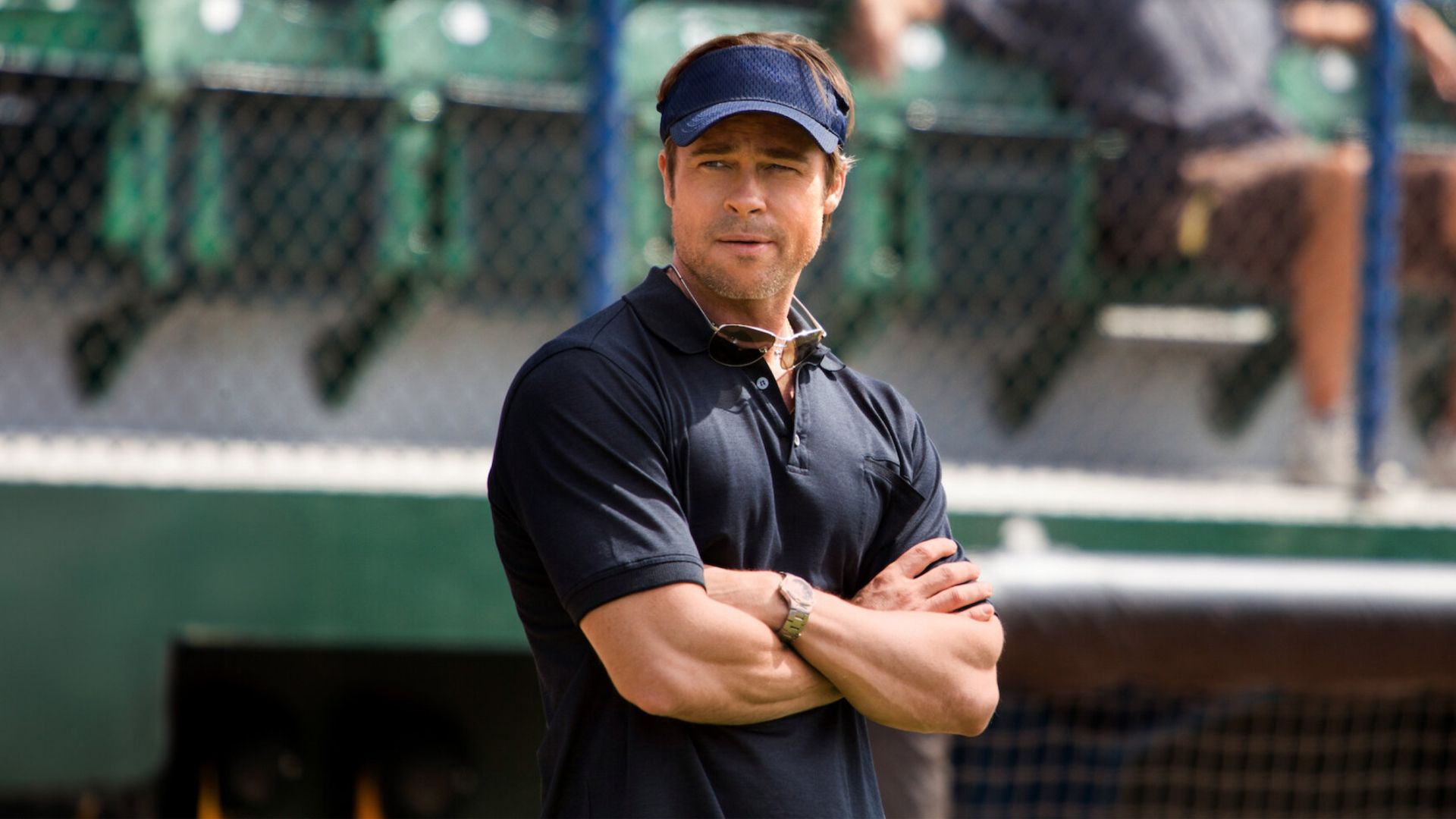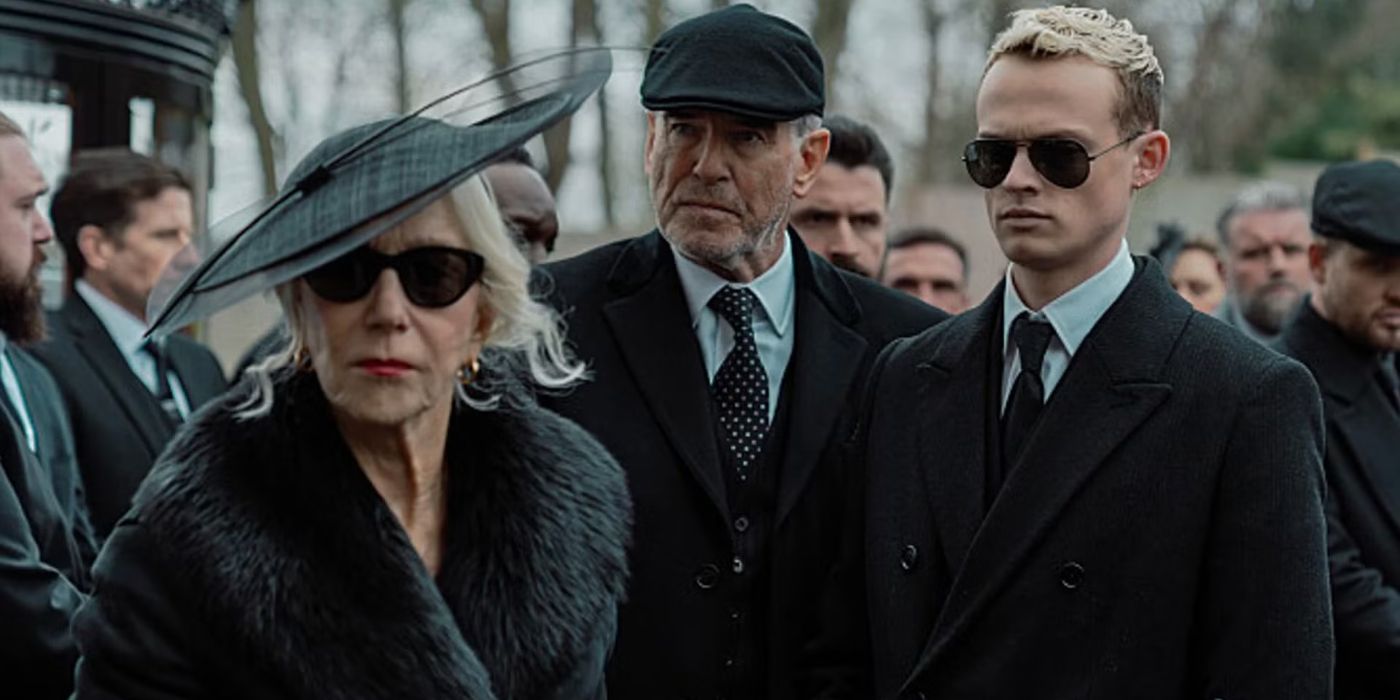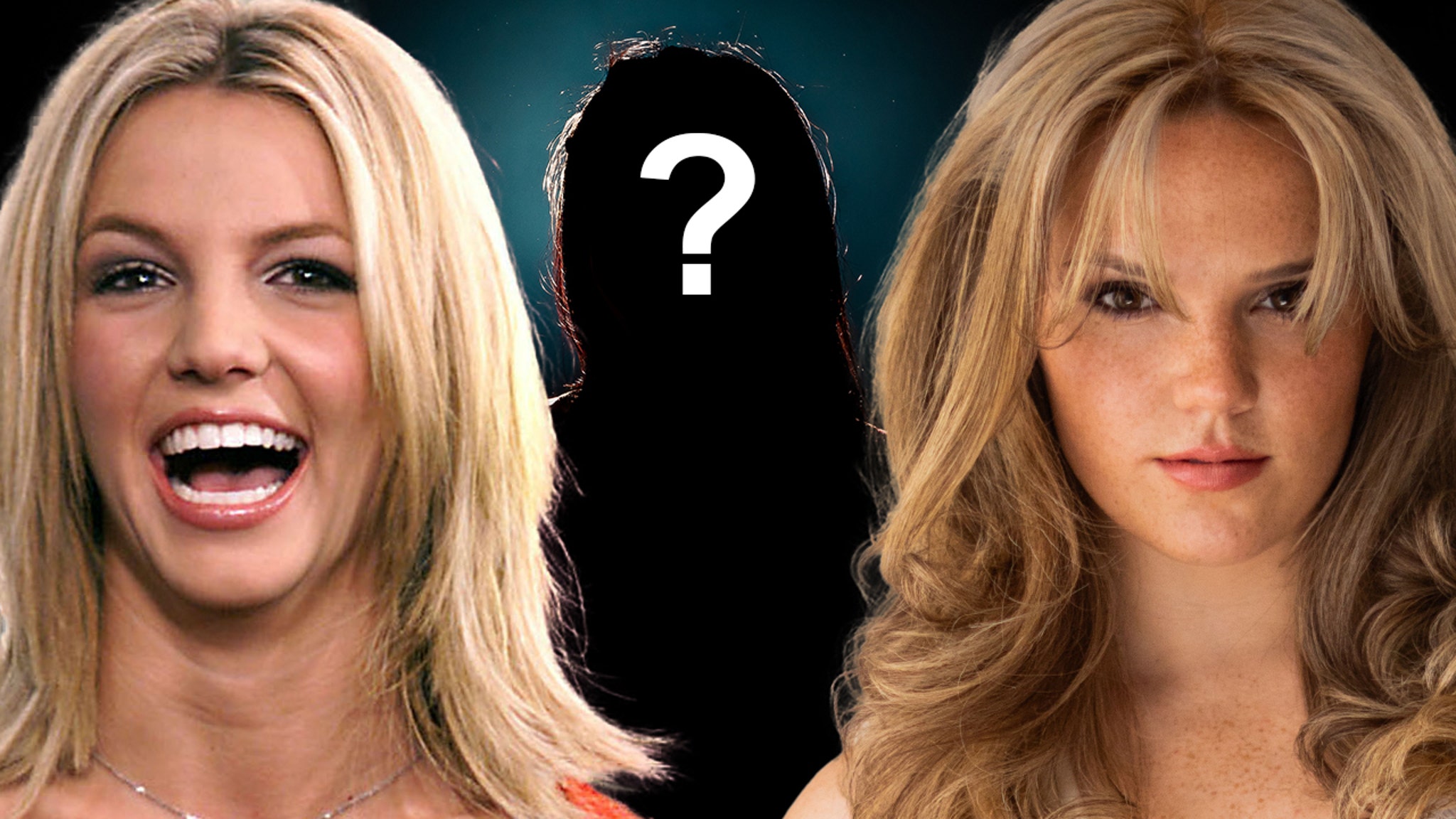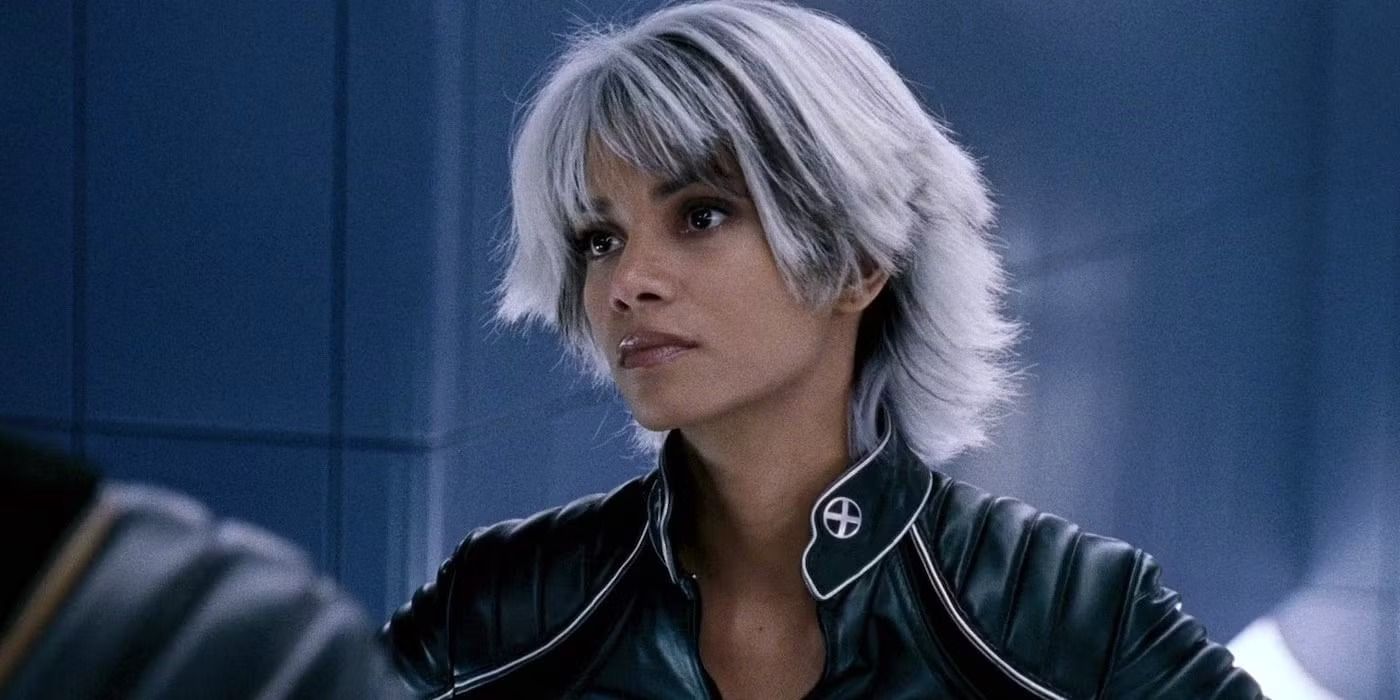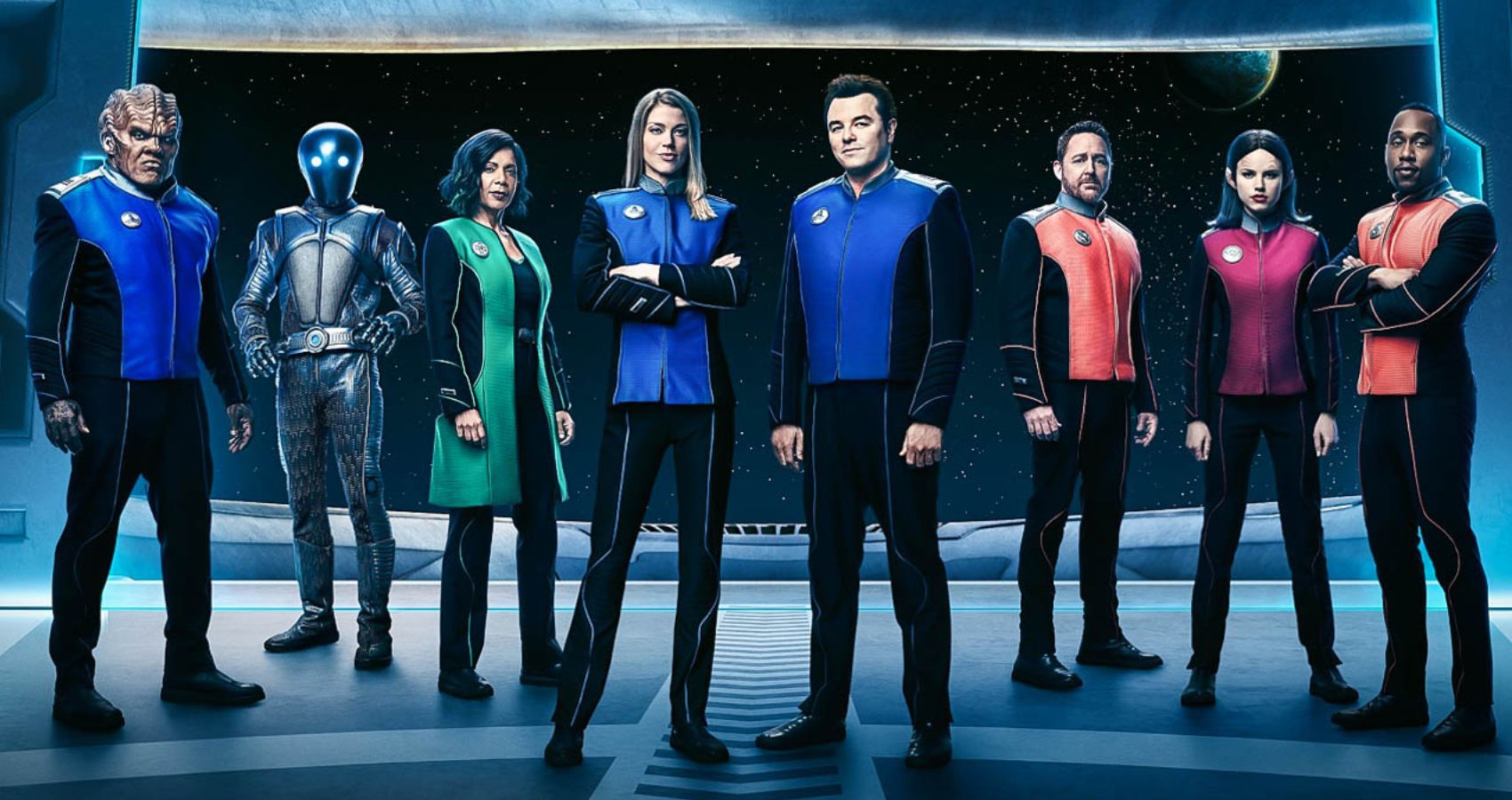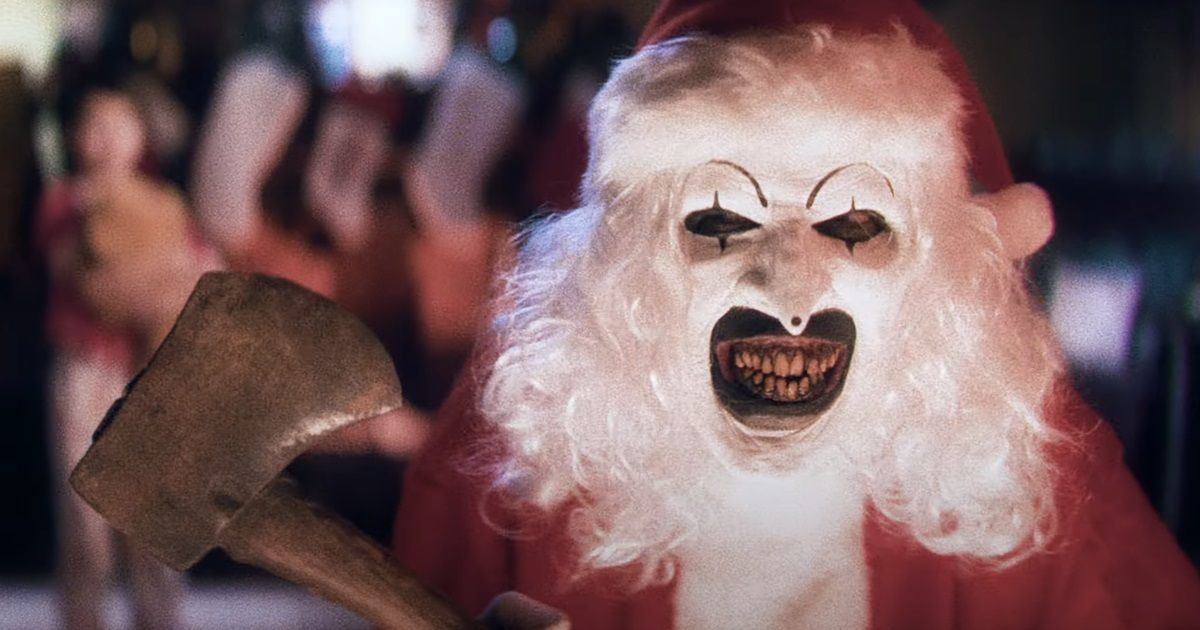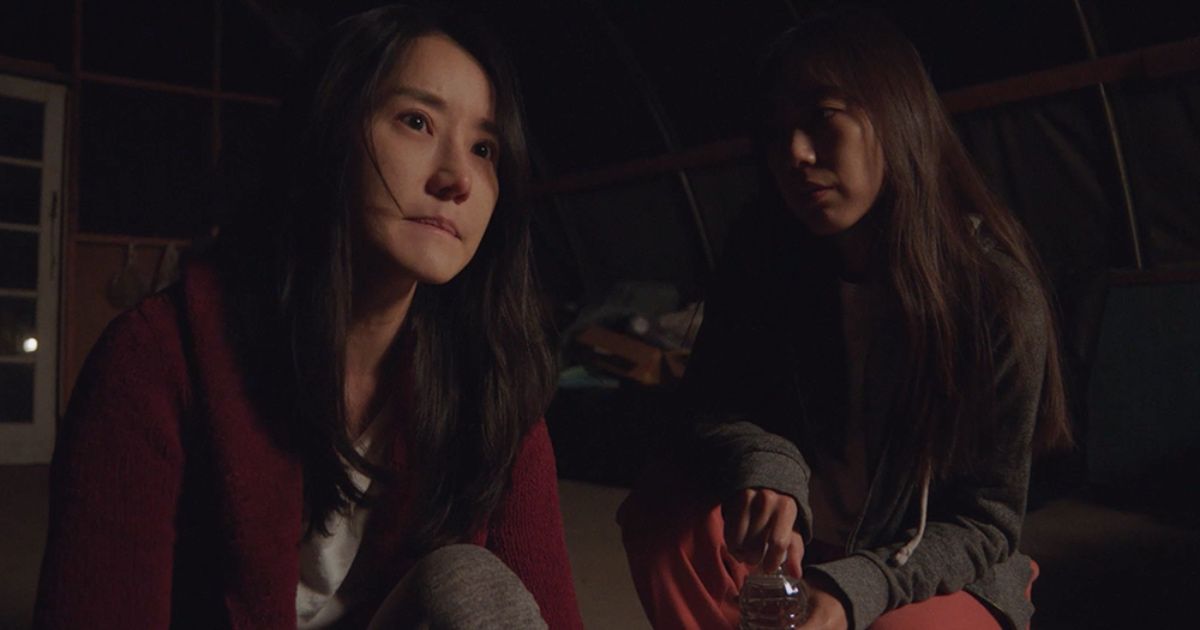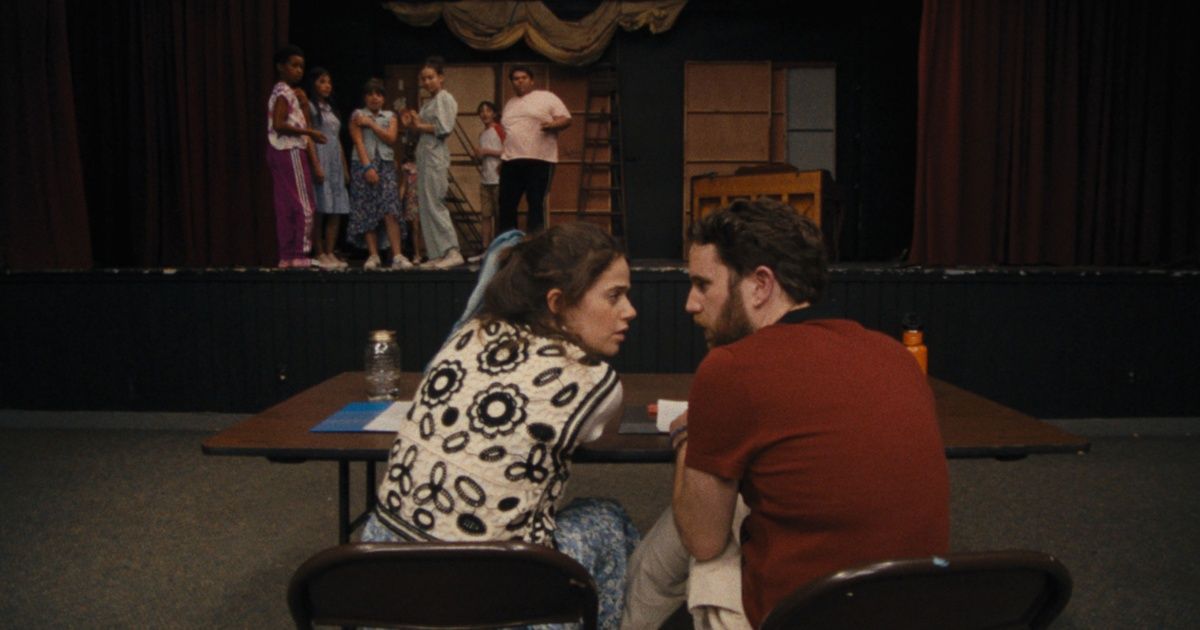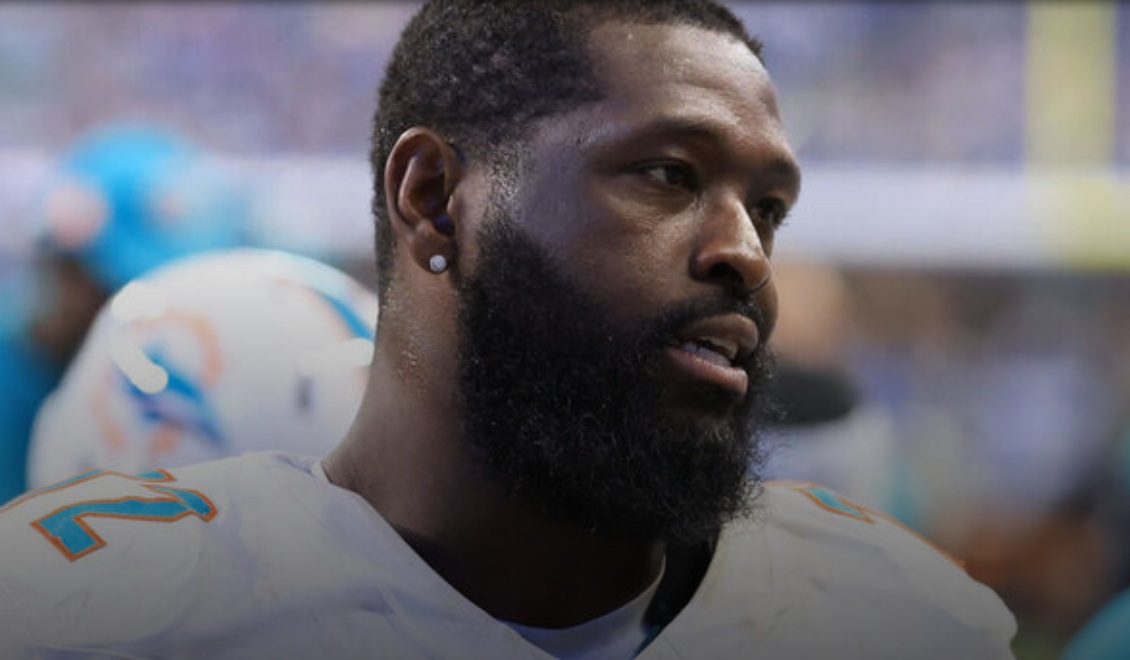The Orville: New Horizons reaches the halfway point of its third season a markedly different show. The sci-fi adventure has drastically tuned down its comedic elements for darker storylines with heavy themes. Seth MacFarlane’s superbly written characters confront crises that mirror everyday personal problems and divisive societal issues. Suicide, grief, xenophobia, and gender orientation have been thoughtfully explored thus far. Only one of the six current episodes lacked substance, but they all boast better production values and longer runtimes. Some disappointed fans may lament the serious turn. I embrace MacFarlane’s new vision as more mature and incisive with thrilling action scenes.
MOVIEWEB VIDEO OF THE DAY
An Excellent Premiere Brings Darker Themes
The show came roaring back after a three-year hiatus with “Electric Sheep”. Inspired by Philip K. Dick’s classic novel, Isaac (Mark Jackson), the Kaylon android, commits suicide after negative reactions from the crew. He’s branded a traitor and despised after the Kaylon attack on Earth. Isaac is especially hated by new crew member, Ensign Charlie Burke (Anne Winters), whose best friend and love interest sacrificed herself in the battle. Charlie helps to revive Isaac, after first refusing orders, to alleviate the guilt of young Marcus Finn (BJ Tanner); who heatedly wished Isaac were dead. Dr. Claire Finn (Penny Johnson Jerald) reminds Isaac that he previously saved the crew and would continue to be instrumental in the future. He wasn’t useless. Isaac’s attempts to establish a cordial relationship with Charlie continues to be an intriguing thread.
Episode two, “Shadow Realms”, has Claire’s former husband, Paul Christie (James Read), her college teacher and now a Union Admiral, accompanying the ship to an unknown region of Krill space. Claire left him because she didn’t want to be a “bed warmer” for a great man. She decided to pursue her medical career and have two children. Claire rebuffs Paul’s attempt at reconciliation. He, in one of the rare lighter moments, approaches Isaac, Claire’s ex-lover, for advice. Paul’s infested by an alien virus that transforms him and several others into a new species. They’re allowed to leave the ship after Claire stops them. The episode ends with Claire inviting Isaac to dinner. The love affair may be heating back up.
Episode four, “Gently Falling Rain”, drops a bombshell reveal while shattering the nascent Krill alliance. The crew takes the Planetary Union president and his delegation to Krill for a peace treaty. They are stunned when Teleya (Michaela McManus), the Krill spy that infiltrated the Orville and romanced Captain Ed Mercer (MacFarlane) in season two, wins the Krill leadership. She promptly kills the Krill chancellor and imprisons the delegation. Ed is freed by a contingent seeking peace. Teleya allows him to escape. Ed learns that Teleya gave birth to their daughter, Anaya (Charlie Townsend), a highly intelligent hybrid. He meets Anaya, who has been kept secret by her mother. The Orville rescues the delegation before their execution. A wistful Ed writes letters to Anaya with the hope that one day she will read them. Anaya represents a bridge between the Union and Krill. She’s living proof that something beautiful results from harmony.
Related: The Orville: New Horizons Premiere Recap & Review: A Stunning Exploration of Anger, Grief, & Death
Exploring Hot-Button Social Issues
Disney Media Distribution
“A Tale of Two Topas”, the fifth episode, hits with the weight of the premiere. Topa (Imani Pullum), the son of Moclans Lt. Commander Bortus (Peter Macon) and Klyden (Chad L. Coleman), decides to take the Union Point entrance exam. He asks Commander Kelly Grayson (Adrianne Palicki) for help studying, but also confides a deep internal conflict. Topa feels something is wrong. He feels depressed and unnatural. Kelly struggles with telling Topa the truth. He was born a girl but was genetically modified in the first season.
Moclans view females as unwanted aberrations. Kelly gives Topa an encoded security file. He opens it, we later learn with Bortus’ secret help, and discovers the sexual re-assignment. Topa decides to have the surgery reversed. The Union admiralty refuses to allow the procedure. Klyden is furious with Kelly. He was also secretly born female and despises them. Isaac, not a Union officer, performs the reversal. Ed and Kelly are reprimanded for disobeying orders, but allowed to keep their commissions. Klyden disowns Topa and leaves Bortus. Gender identity issues and women’s reproductive rights are hot-button topics. The Orville takes a firm stance on an individual choosing what’s best for their body.
Episode six, “Twice in a Lifetime”, offers a powerful discourse on love and duty. Lt. Gordon Malloy (Scott Grimes) is thrown back in time four hundred years to twenty-first century Earth. Lt. Commander John LaMarr (J Lee) and Isaac perfect the quantum time displacement device seen in season two. It marries thought and space to create time travel. A Kaylon raid has Gordon racing to destroy the device as it overloads. His affinity for Laura Huggins (Leighton Meester), the women whose cell phone was part of a time capsule in season two, takes him back to her timeline.
The Orville uses the device to travel back but arrives ten years after Gordon was stranded. Ed and Kelly are shocked that Gordon has broken every Union rule on time travel protocol. Gordon found Laura and started a family with her. They have a son and she’s pregnant. Gordon refuses to leave his beloved. He threatens them with his firearm if they try to take him back. Ed cannot allow a new timeline to exist as it may endanger the future. They fix the device in a subplot with Isaac and Charlie, then jump back to a month after Gordon’s arrival. They rescue Gordon and erase his life with Laura. Ed and Kelly are heartbroken, but Gordon doesn’t fault them for doing their duty. The episode also sparks a long-brewing romance with John and Lt. Commander Talla Keyali (Jessica Szohr).
Episode three, “Mortality Paradox”, serves as the weak link so far. The crew investigates a barren planet that now strangely teems with life. The landing party and ship face perilous situations that materialize out of nowhere. A race worshipped by Kelly the first season has evolved fifty-thousand years. They became immortal. The simulations were meant to judge their perception and acceptance of death. It’s not unwatchable but doesn’t match the gravitas and emotional impact of the other episodes.
Related: Star Trek: Strange New Worlds Season One Finale Recap & Review: Balance of Terror Redux
Seth MacFarlane Unshackled
Disney Media Distribution
Season three will have ten episodes. That’s much shorter than season one, which had twelve, and season two with fourteen. The current episodes are twelve to fifteen minutes longer with vastly improved visual effects. The show’s move from Fox to Hulu has been positive across the board. MacFarlane seems unshackled and free to pursue meatier plots with greater stakes.
The Orville’s debut was branded a silly Star Trek parody by some critics. It has gotten better with every season by finding a different, surer footing. I enjoyed the lighthearted and physical humor of the first two seasons. The Orville: New Horizons builds on its fantastic characters and settings by adding complexity with the updated title. I’m reminded of the significant change in tone and quality of Star Trek: The Next Generation after the first season. MacFarlane follows a similar path here. He’s never shied away from adult subject matters. He’s just gotten better at expressing them dramatically. The Orville: New Horizons has been absorbing, must-see television. I’m expecting a great conclusion to season three with four episodes remaining.
The Orville: New Horizons is produced by Fuzzy Door Productions. New episodes premiere Thursdays on Hulu.
You can view the original article HERE.
